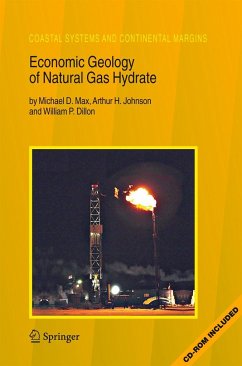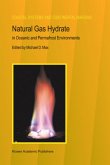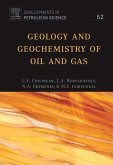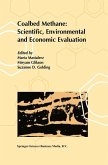This book is a companion to "Natural Gas Hydrate in Oceanic and Permafrost Environments" (Max, 2000, 2003), which is the first book on gas hydrate in this series. Although other gases can naturally form clathrate hydrates (referred to after as 'hydrate'), we are concerned here only with hydrocarbon gases that form hydrates. The most important of these natural gases is methane. Whereas the first book is a general introduction to the subject of natural gas hydrate, this book focuses on the geology and geochemical controls of gas hydrate development and on gas extraction from naturally occurring hydrocarbon hydrates. This is the first broad treatment of gas hydrate as a natural resource within an economic geological framework. This book is written mainly to stand alone for brevity and to minimize duplication. Information in Max (2000; 2003) should also be consulted for completeness. Hydrate is a type of clathrate (Sloan, 1998) that is formed from a cage structure of water molecules in which gas molecules occupying void sites within the cages stabilize the structure through van der Waals or hydrogen bonding.
Bitte wählen Sie Ihr Anliegen aus.
Rechnungen
Retourenschein anfordern
Bestellstatus
Storno








